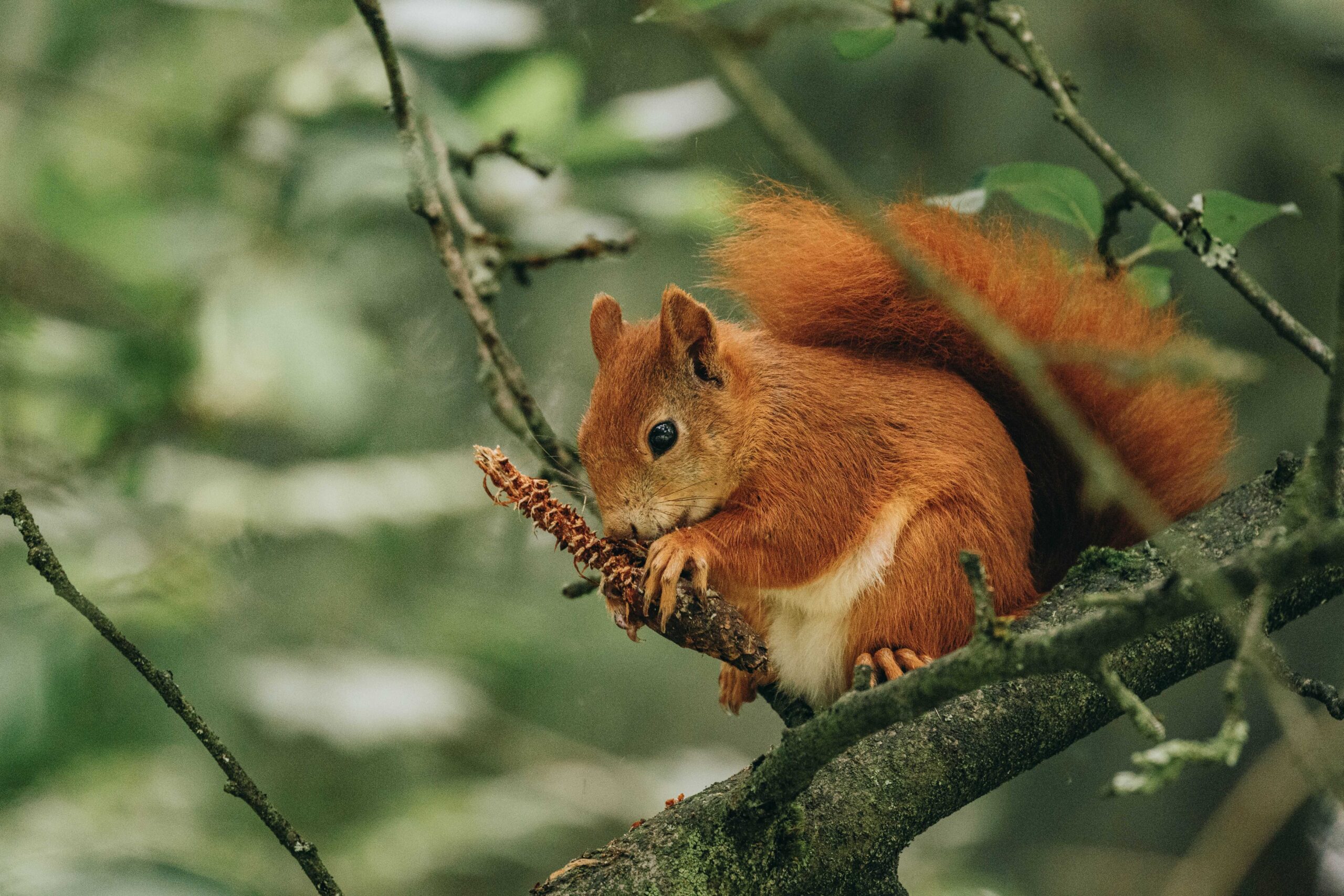- experience
- engage
- enjoy
The Return of the Ringed Plover
Publish Date: Monday August 2, 2021
At West Sands, St Andrews you can often see different species of birds breeding during the spring and summer months. Singing Skylarks and Meadow Pipits fill the air above the sheep pens at Out Head, as Sand Martins nesting in the cliffs whizz by. Stonechats and Reed Buntings use the grasses of the sand dunes across the whole site whilst Sedge Warblers and Whitethroat prefer the scrubbier areas of vegetation.
But this year we had a different species try its luck at raising a brood here, Ringed Plover. These charismatic wee waders aren’t uncommon to West Sands, however this year was the first nesting attempt seen since 2014. They can be masters of camouflage when it comes to their nests, which are just a simple scrape in the sand that could be mistaken as the remains of a boot print. This particular scrape that our pair laid 4 eggs in was found at the end of May and was in danger of being trodden on by beachgoers walking along the last spring high tide strandline.
To try and reduce the chances of disturbance to the brooding adults the West Sands Team erected signs and a simple rope line either side of the nest. But within a week the eggs had gone! With no evidence around to suggest what had happened, we speculated possibilities and perhaps there was hope that the young had hatched?!
A few weeks later and another nest was found, this time with only two eggs laid. This second attempt at nesting shows it was highly likely the eggs in the first nest were predated. The site of the second attempt wasn’t in a great place, with the nest being lower down the beach, putting the eggs at risk of flooding from high tide.
Dramatic Rescue
After again erecting a rope line and signs, we watched and waited. The incubation period for Ringed Plover is roughly 24 days, which is a long time when the nest is exposed on a big sandy beach! A few days passed and a third egg was laid to join the two. It seemed all was going well, but as with many things on the coast, things can change very quickly. A whole week of flat calm seas soon changed to strong North Easterlies that coincided with the high spring tide with a significant swell. Of all the days! The nest was on course to be destroyed by the waves, and the Plover’s second attempt ruined, so we hatched a plan.
Monitoring the scrape as the high tide advanced, waiting until the last minute, just before the nest was washed out, we moved in and rescued the fragile eggs from the cold waters, keeping them insulated and out of the wind. As the waters rose higher up the beach the scrape was completely destroyed. We recreated the nest higher up the beach using photographs we had taken of the scrape and when the waters began to recede, placed the eggs back in the newly made scrape. After a few nail biting minutes the adults returned to the area and after some searching for the old nest site, they found their eggs.
I’d like to say that the end of this high drama tale of rescuing the eggs was a positive one. That a fourth egg was laid and they hatched a few weeks later, and West Sands had Ringed Plover chicks pottering about for the first time in years. Unfortunately, this was not the case. After our efforts to keep the nest safe, after a week had passed, the eggs in the second scrape simply vanished. Again, with no sign of the cause.
With such difficulties as predation from other birds and mammals as well as disturbance from people and dogs, it is a hard life for these wee birds. And with climate change increasing chances of more erratic and severe weather patterns, with predictions of sea levels rising, the future could be quite bleak for these shorebirds. However, I look forward to next year to see if this pair choose too nest at West Sands again, hopefully with their scrape in a better location.


